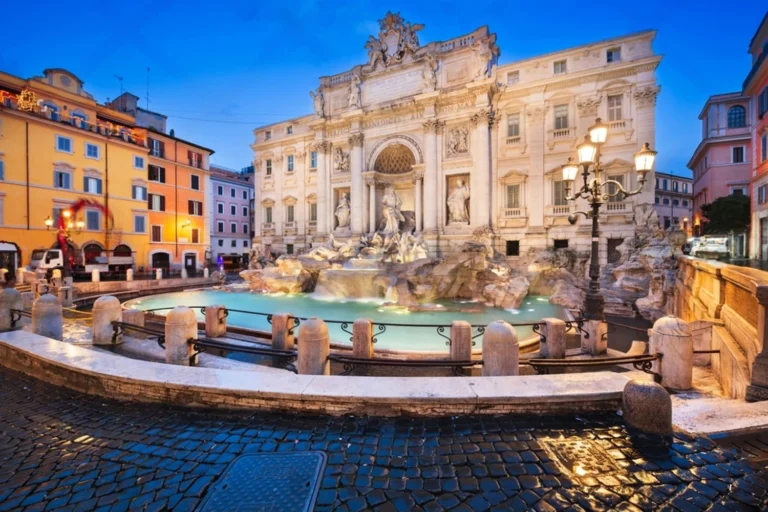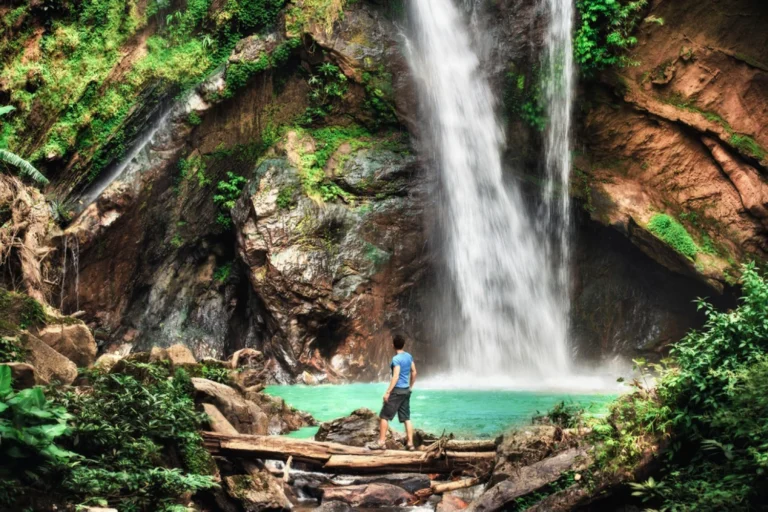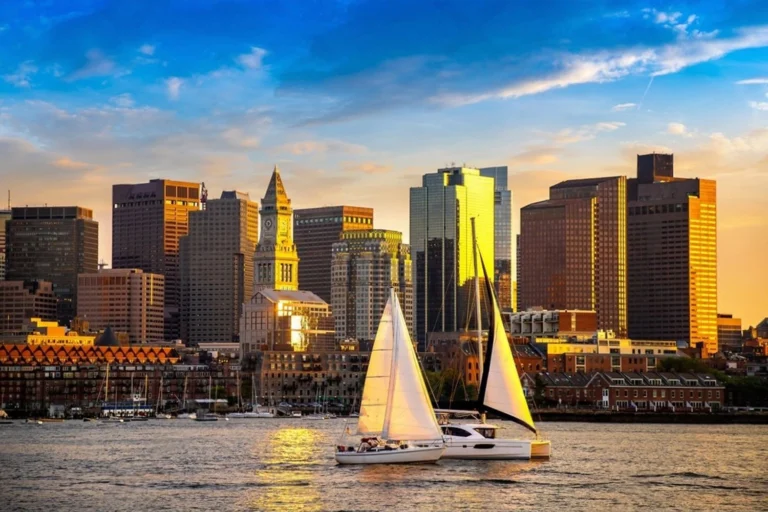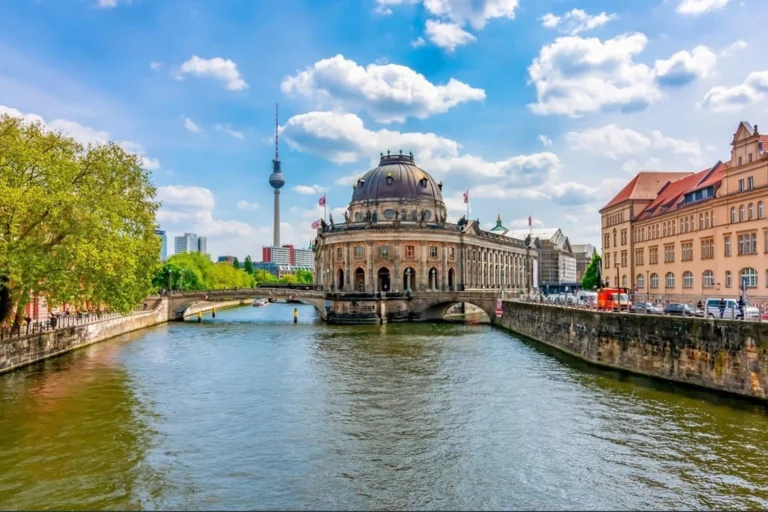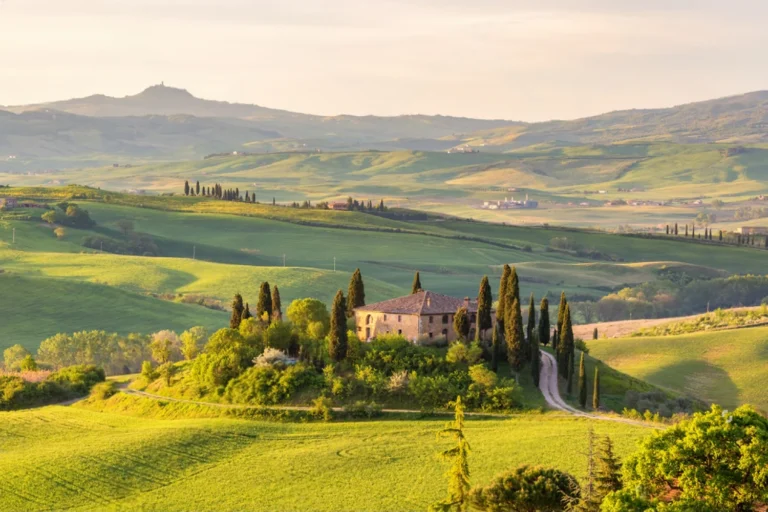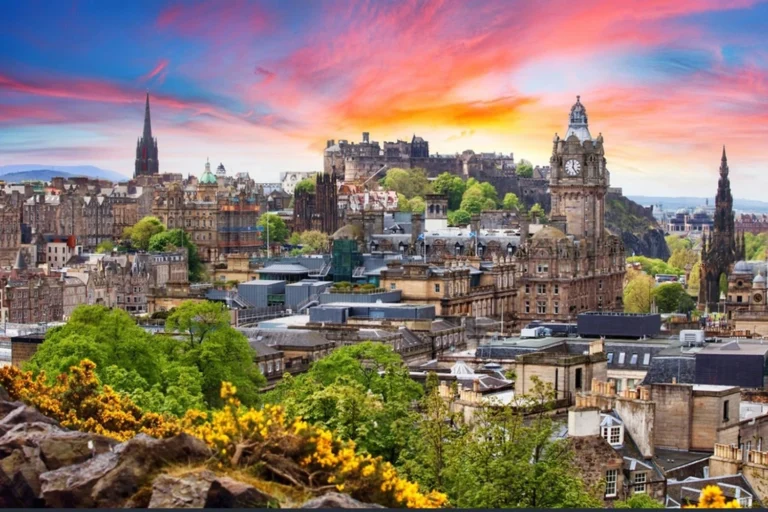Jamaica: 30 Unexpected Stories Behind the Rhythm
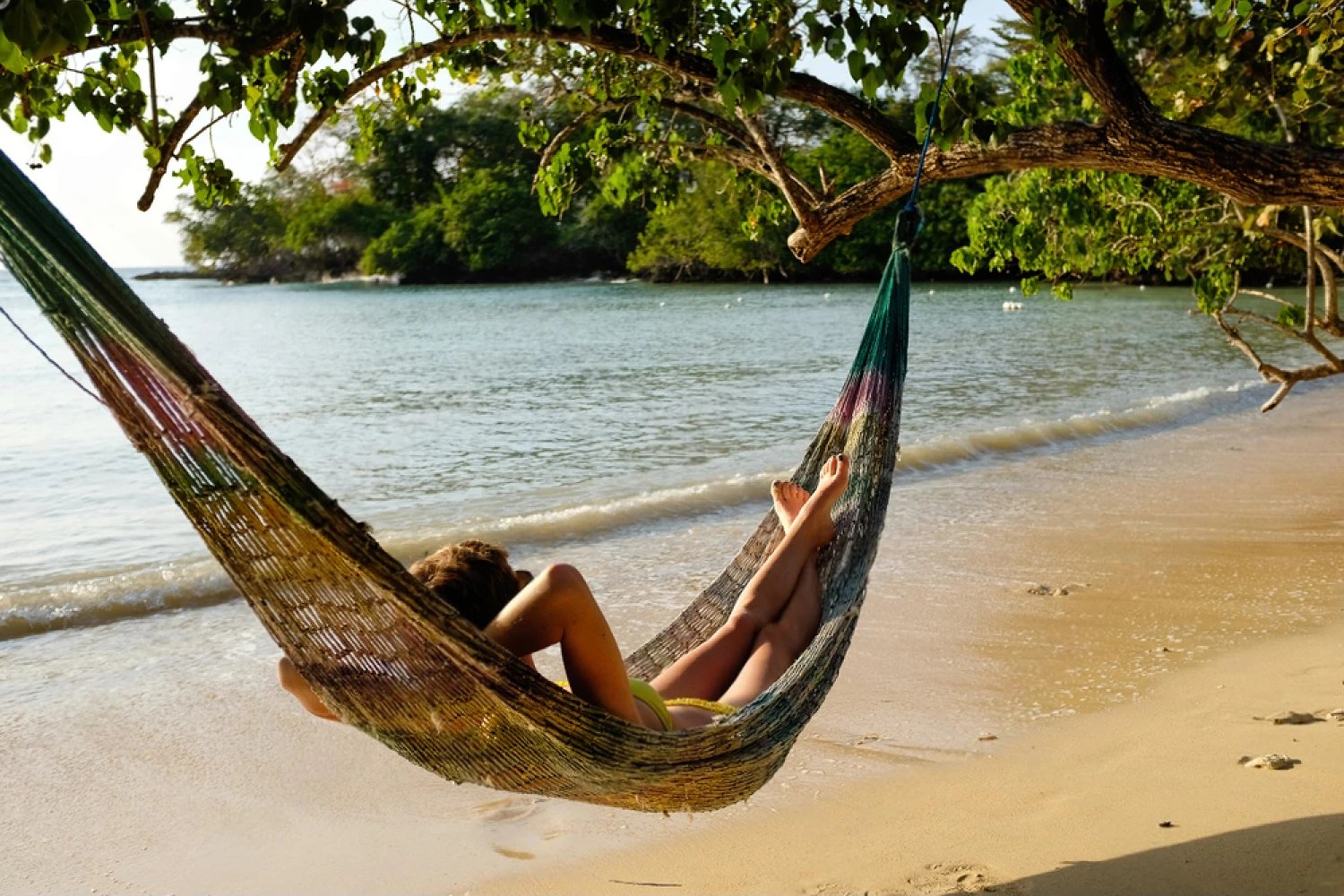
In Jamaica, the joy of discovery lives in the soft pauses salt on the breeze, a low rhythm drifting from a doorway, paint warm under late light. Each corner felt like lifting the lid of a quiet keepsake box, revealing fingerprints and laughter instead of souvenirs. A drumbeat thinned by distance, cinnamon sweet steam from a street pot, a shy grin shared over chipped dominoes these small notes keep echoing. I didn’t chase the obvious; I lingered, letting overlooked details steady my steps and point toward a deeper spirit that slips past the postcards.
Sipping rum atop a sunken mountain range.
I remember the moment someone said it, and the beach tilted in my mind. The sand under my feet wasn’t just shore; it was the narrow top of something enormous. Here in Jamaica, you’re standing on the crown of an underwater mountain chain that once connected continents.
That thought changes the taste of evening – the rum warmer, the breeze saltier, the horizon somehow taller. It makes the place feel both rooted and adventurous, like the island carries quiet altitude in its bones. You realize your beach chair is perched on peaks that once tied lands together, and suddenly the music, the laughter, the fearless way people greet the day all feel bigger than the map.
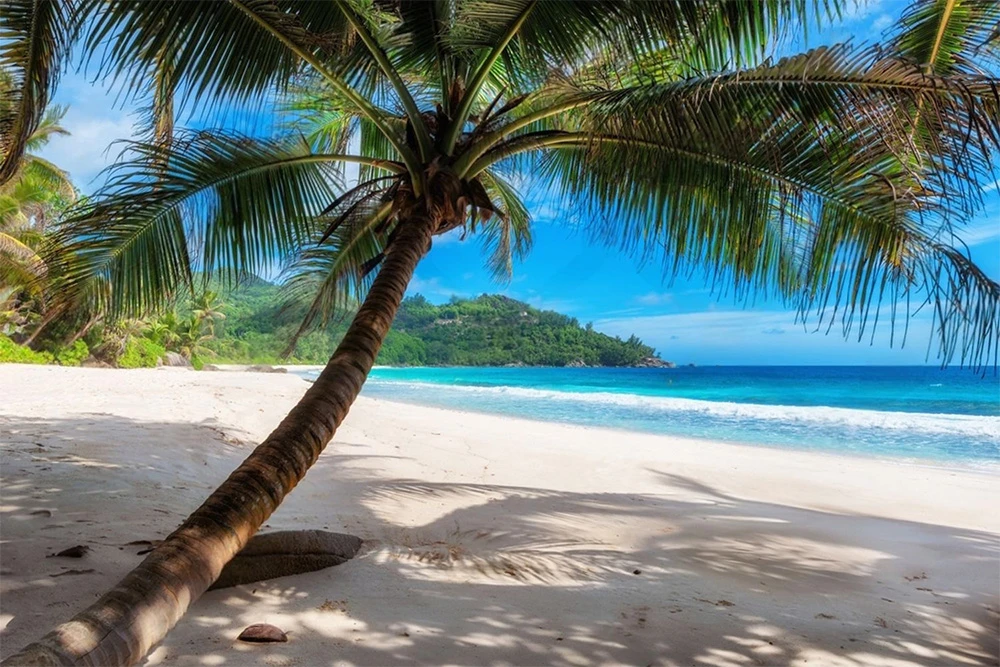
When Jamaica Spoke Spanish Before English Arrived
Funny how an island can answer in another language. Long before independence between 1509 and 1655-Jamaica spoke Spanish, and you can hear it still in the way Ocho Rios and Spanish Town roll off the tongue. I remember the sea breeze catching those soft syllables, as if they were made of salt and sunlight, and feeling that quiet jolt when a place shares a name it hasn’t quite let go of. Those names feel like breadcrumbs from another tongue, scattered along the coast.
Every now and then, there’s a faded stucco wall, a cool courtyard, an iron balcony the Spanish era bones tucked into side streets as if they learned to sidestep the later British gaze. Once, lingering near a cracked arch, I felt how layered the island is: not a single story, but many. That mix is what stays with me most, the way a place keeps its earlier selves like seashells in a pocket and still looks you in the eye with something new.
Jamaica's Doctor Bird and the luck it brings
I still remember the hush before the tiny thunder of its wings. A shimmer hovered by the hibiscus emerald and night, tail neatly forked and there it was, the Doctor Bird, Jamaica’s national bird, holding itself in a bright tremble as if deciding to stay. People nearby didn’t point or whisper; they just smiled, because around here everyone knows the rumor: spot one, and luck will follow you home.
I believed it in that soft, certain way you believe the sea will keep breathing. The bird felt like a needle stitching sunlight into the morning, and suddenly the day hung together better than before. Maybe that’s the secret of this island how small wonders nudge you toward hope so the luck that arrives isn’t a jackpot, but a lightness in your chest that slips into your pocket like a seashell and doesn’t let go.
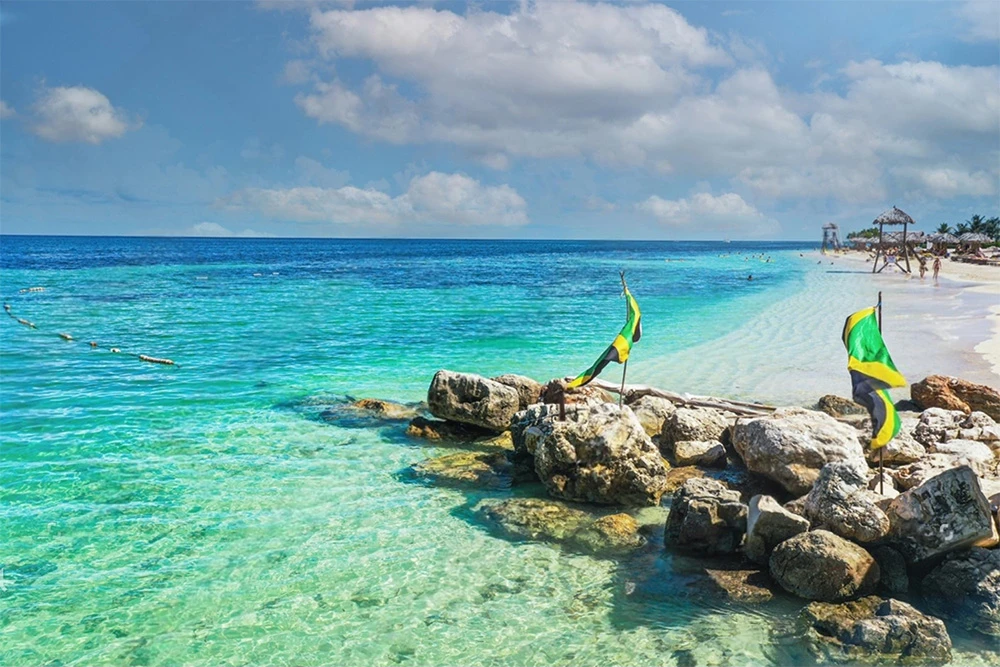
Misty mornings with the Jamaican Swallowtail, Western giant
The first light up in the hills feels like a held breath, cool and pearled with mist. Then a shadow loosens from the greenery and the air stirs wings nearly the width of your palm moving like a hand sized sail. It doesn’t flutter so much as glide, almost soundless, as if the morning were making room for it.
In Jamaica, this is the largest butterfly in the Western Hemisphere, which is funny because it arrives with no fanfare at all. You don’t hunt for it; it just finds the gap between two drifting clouds and slips through. I remember noticing how it seemed stitched with a thread of sun, a tiny flag of light, and feeling that mix of surprise and calm you get when something rare shows up without trying to be rare.
Maybe that’s the lesson those mountains like to whisper: the big things can be gentle, and the gentle things can be big. I carried that quiet around all day, the way you carry a good song softly humming, reminding me that wonder often walks in on tiptoe.
Where every corner hums with reggae and dub
Night slips in and the streets start keeping time. Porch lights glow, and stoops host small performances; you feel the bass in your ankles while voices overlap in easy harmony. Only then did it hit me: Kingston doesn’t need a stage – the city is one.
It’s a UNESCO City of Music, and it feels true rather than official. Reggae, dancehall, ska, and dub were born here, shaped by patios, sound systems, and neighbors who seem to know exactly when the beat should drop. I remember the warm air smelling like jerk smoke, a tinny speaker rattling a shutter, dominoes clicking, a taxi idling in time, and laughter carrying farther than the streetlights.
What stayed with me was how public it all is, how music belongs to whoever is close enough to hear. A girl humming in line, a kid tapping a plastic bucket, an elder adding a low harmony from a chair – suddenly everyone is keeping the same beat, and you’re part of it before you even notice. You walk away still counting without meaning to.
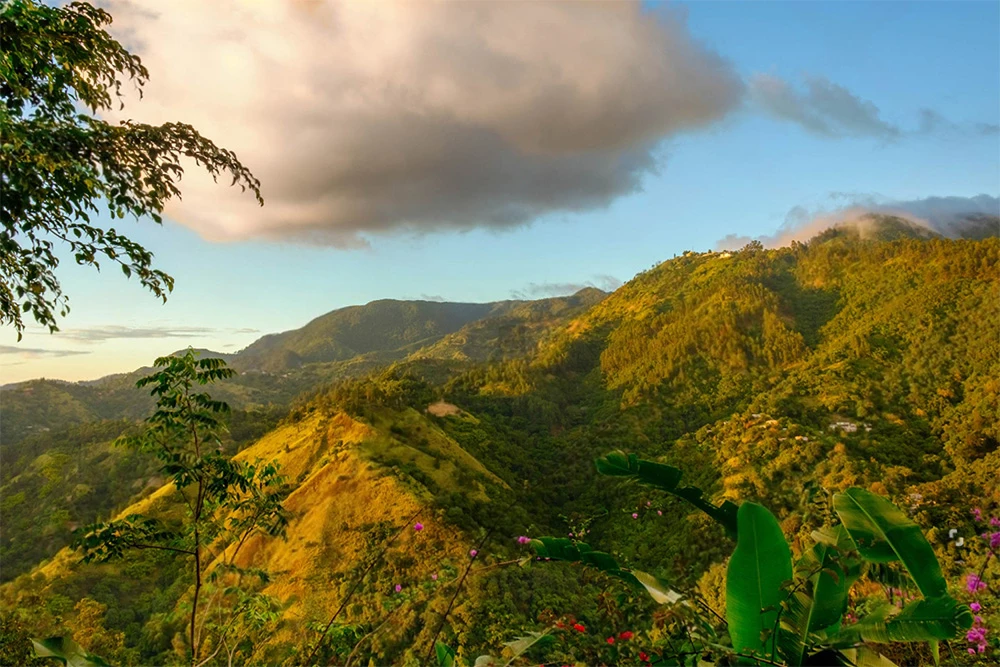
High mountain beans treasured like liquid gold
I didn’t expect a cup of coffee to feel this calm. Steam rose with hints of cocoa, warm cedar, and a shy floral note, and the first sip was smooth as a lull between breaths. It was poured for me in the Blue Mountains of Jamaica, where the air is cool and a soft blue haze settles over the slopes like a gentle hush.
What makes it rare isn’t just a label it’s the altitude slowing every cherry, and the way farmers sort them by hand, trusting their fingers more than any machine. The price starts to make sense when you realize you’re tasting patience: a clean, steady sweetness, no harsh edges, just quiet depth. I remember thinking that some luxuries are really just careful work made visible, and paying for this cup felt like saying thanks to the mountain and the people who tend it.
An island where every path finds a steeple
It keeps happening: you wander a sun soft lane and a steeple lifts above the breadfruit, sober and sure. The air is warm with laundry and spice, and somewhere a bell tests the afternoon, steady as a heartbeat you didn’t know you were listening for.
Some days a gospel choir drifts out, handclaps bright as rain on tin, voices braided with salt breeze and engine hum. A scrap of harmony at the shop, another by the cricket ground, and somehow your chest feels looser, like something kind inside you has been gently untied.
I remember realizing it wasn’t just the record so many churches tucked into a single square mile but the way it makes you feel accompanied. On Jamaica, faith doesn’t feel like a place you go; it feels like weather, shifting and tender, never far, the old steeples keeping quiet watch while life carries on beneath them.
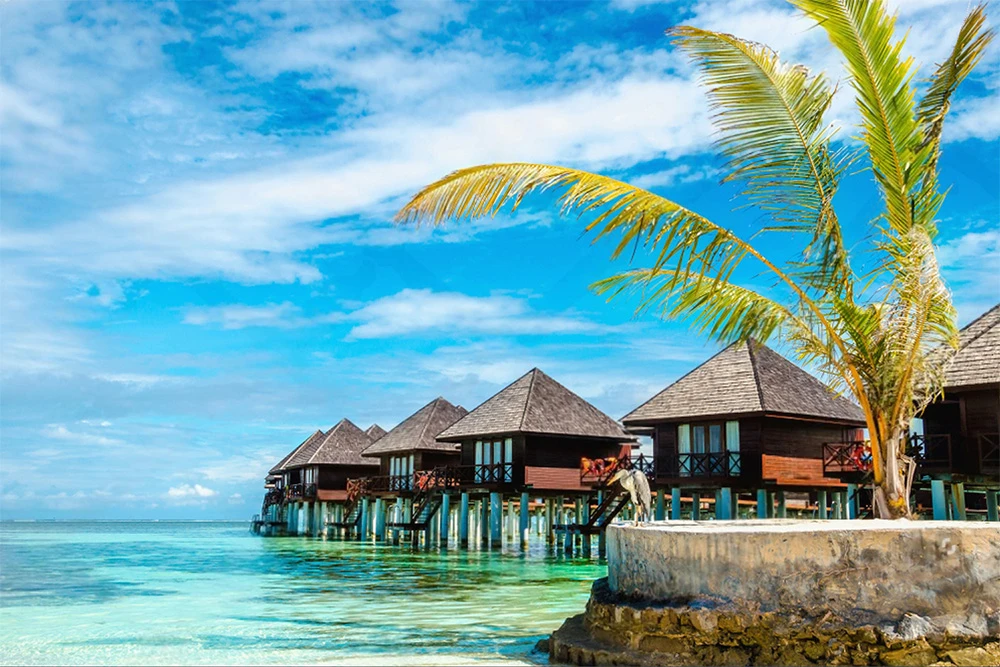
Patois, a song stitched from many tongues
The first time I heard two strangers trading jokes in the shade, the words moved like sunlight through leaves familiar and brand-new at once. Laughter came first, then that lilting rhythm, and I remember feeling my shoulders loosen, as if the air itself were keeping time. You catch the warmth before you catch the meaning, the way you taste pepper smoke before you name the spice.
Someone told me Jamaican Patois is built from English and old African hearts, with Spanish leaning in, and tiny bright flecks of Hindi and Chinese glinting inside. In Kingston, you can hear it glide over a taxi radio and ripple across a market stall: so many histories, traveling together in a single breath. It’s like a river with many tributaries you don’t see every stream joining, but you feel the current take you.
What gets me is how generous it sounds. Each phrase carries a wink, a memory, a small act of survival, and suddenly language isn’t a fence but a porch light. I walked away thinking how beautiful it is when a place refuses to choose just one voice and instead answers with a chorus, steady as a heartbeat and bright as midday.
Wicked city swallowed by a quake and sea
I felt a hush I couldn’t explain. The air by the harbor tastes faintly of old coins, and the light seems to hang a little longer. They once called Port Royal the Wickedest City on Earth, a pirate stronghold where the nights were loud and the morals loose, and you can still sense a restless energy under the calm.
Then the earthquake hit in 1692 and half the town slipped into the water in minutes; streets, taverns, and plans gave way without warning. The surface today is smooth, water resting like a closed eyelid over the past, and that quiet makes the story feel even heavier.
Some folks say the ghosts never left. I don’t know if it’s spirits or just memory doing what it does, but the place keeps you for an extra breath, asking you to admit how thin the line can be between revelry and ruin. That’s what stays with me – not the scandal, but the tenderness of a place that still carries what it’s been through.
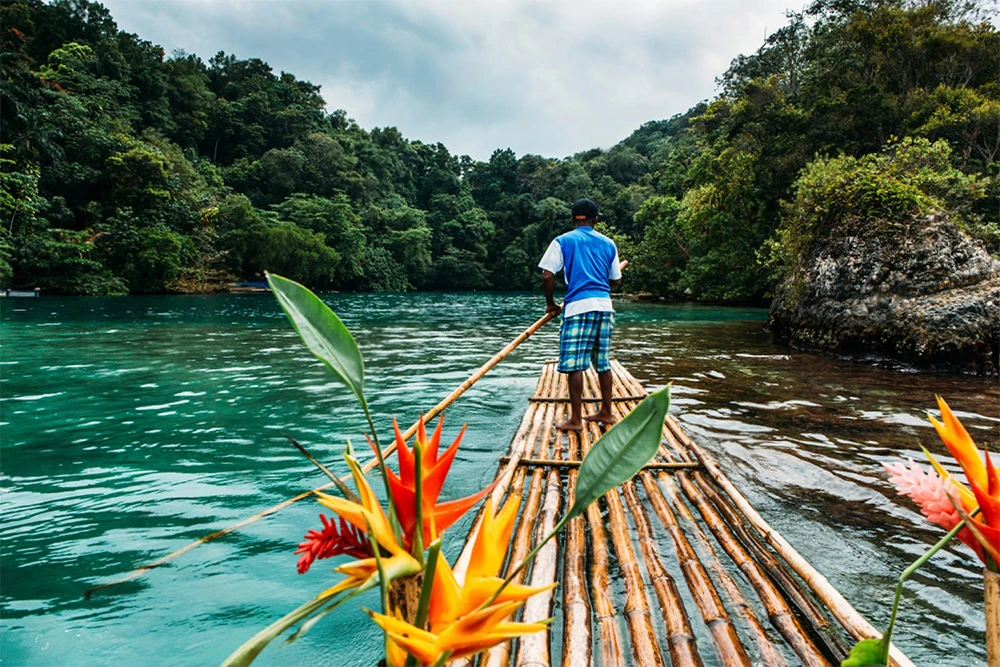
Left side lanes where history holds the wheel
It always snags my brain for a second the cars stream in from the “wrong” side, sun stinging the windshields, warm air carrying exhaust and ripe fruit. At the curb my feet hesitate, that tiny wobble of instinct you can’t argue with, and I laugh because it’s not confusion so much as memory. Blame the island’s long tangle with Britain; left side driving stuck like a song you can’t unlearn, humming along beneath everything. Even crossing the street feels like history quietly taking your elbow and guiding you across.
Here in Jamaica, that first uneasy glance becomes part of the rhythm the painted arrows pointing the opposite way, the soft whoosh of minibuses, a quick friendly horn. I remember how, by afternoon, my body adjusted and the hesitation melted, as if someone had just shared the local way to look. And that’s the lovely part: a small habit carrying a big past, the ordinary reminding you how the world lingers in everyday motions. Left isn’t just a lane here; it’s a gentle reminder of the past in the present.
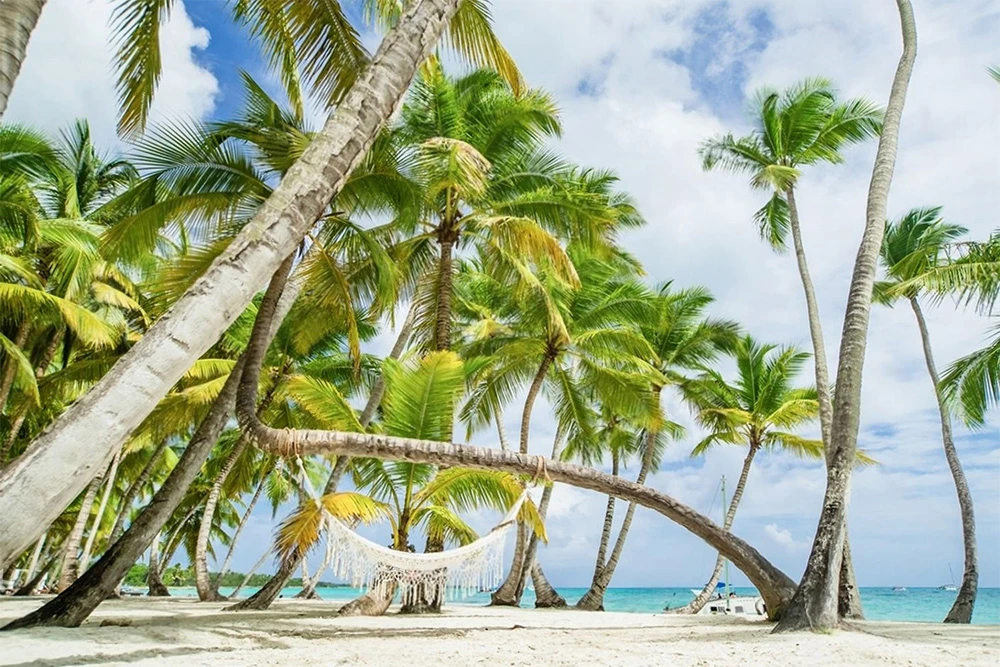
From sun to ice: Jamaica's bold bobsled dream
I still smile at the audacity of it all sprinters trading sand for snow, breath turning to little clouds over a borrowed bobsled. The world leaned in during 1988, half curious, half cheering, as the first tropical team rattled down a track built for colder stories. They didn’t win, but the sight of them felt like a door flung open, a mango in a snowstorm. I remember thinking how brave it is to show up where you’re not expected and grin anyway.
In Jamaica, that grin kept echoing. The tale became a film we quote under our breath, and then a real jungle bobsled ride where the whoosh threads between ferns and the air smells like rain and sap. Once, while gliding through that green tunnel, I felt the same ridiculous, beautiful hope from those Olympic runs how courage can rewrite the weather inside you. Maybe that’s the best kind of victory: not the medal, but the moment your story teaches the world a freer way to move.
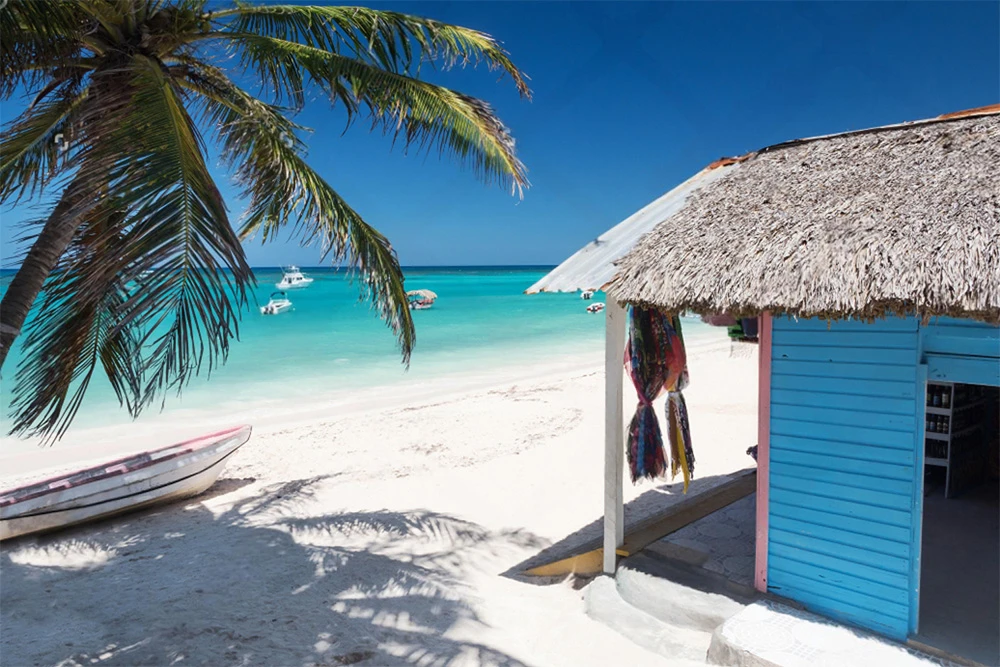
A flag chosen by the people, not the parliament
I love that some symbols are born in a crowd. Jamaica’s flag wasn’t drawn behind tall doors, but in 1962 through a national competition – a whole country sending in sketches and hopes. I picture pencils tapping kitchen tables, the radio soft in the heat, zinc roofs ticking as the day cooled, and an island deciding together what colors could carry its heartbeat, a banner stitched from a chorus of voices.
Black for hardship overcome; gold for the shining sun; green for the lush hope that keeps rising after rain. I remember those colors rippling and how honest they felt – the black steady and sure, the gold bright as a coin of afternoon light, the green cool and fresh with the faint smell of rain somewhere beyond the street. It’s surprising and beautiful that people didn’t just accept a flag; they chose one, and with it a way to stand together – a daily reminder that resilience, warmth, and hope can share the same sky.
After eight, even rugs must keep their peace.
I remember laughing at the thought that a city could set a bedtime for dust. After eight in the morning, shaking or beating a mat is off-limits unless it’s a humble doormat, somehow granted amnesty. Picture the first sunlight sliding over stoops, the faint clink of teacups, those dust motes wanting to fly like confetti; the rule makes the morning feel more deliberate, as if the day prefers a softer start.
In London, these small courtesies stack up like bricks: a nod to neighbors, a respect for shared air, the idea that even tidying has its hour. It’s quaint and oddly tender letting the doormat do the early work while the bigger rugs wait their turn. I like how it quietly reins in our urge to hustle, giving the street a gentle start and reminding you that order here isn’t stern, just considerate.
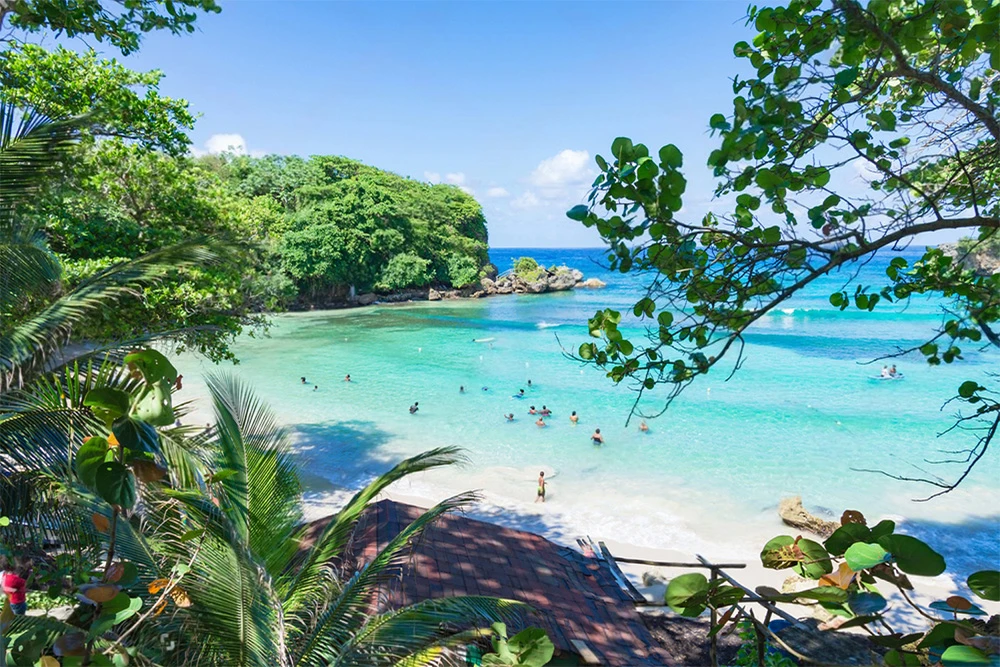
No burials after sunset; grief waits for dawn
The first time I heard it, I felt a quiet shiver of surprise how the day here seems to close like a thin shawl, and with it, every farewell. In Fez, if a funeral hasn’t begun by sunset, it simply won’t happen till morning. You feel the rule in the air as the light slips off the tiles, the call to prayer softens, and the alleys start smelling of cool stone and mint. It’s not morbid at all just a kind of measured tenderness, the city telling everyone to rest their hearts and finish the goodbye with proper light.
I remember thinking how strict and gentle that is at the same time. There’s mercy in being told to wait; grief gets a night to breathe, and families aren’t hurried into the dark. It’s as if the old rhythms still guard the living and the dead, insisting on clarity and calm, keeping rituals neat and spirits if you believe in such things at ease. Morning returns, the brass brightens, and the farewell steps forward with the sun, steady and sure.
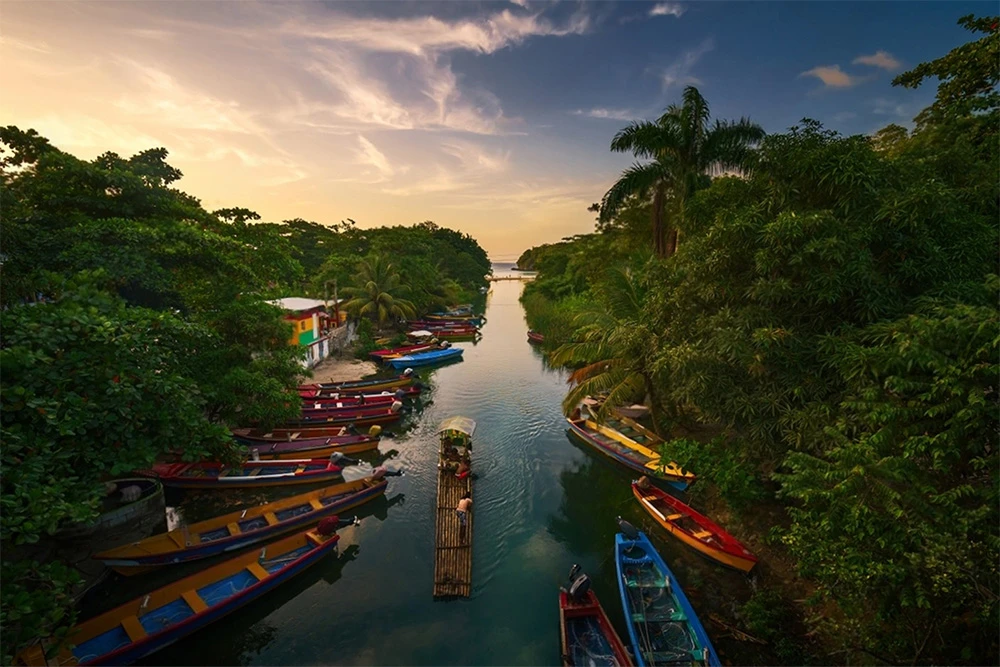
Vows that must be spoken before the sun slips
I remember laughing when I learned you can’t marry after six – love with a curfew. Then the evening arrived, warm and citrus scented, and it made a quiet kind of sense. In Jamaica, the law keeps weddings in the light; the sun becomes the gentle official, stamping the moment with gold you can actually see on each other’s faces.
People joke about “Jamaica time,” that soft, unhurried clock everyone carries, but this is the one appointment you can’t dawdle past. I like that – it feels protective, almost tender, as if promises deserve daylight witnesses: the sea listening, aunties relaxed, nerves exhaling with the breeze. Tie the knot before nightfall, and you walk into married life with the day still holding your hand.
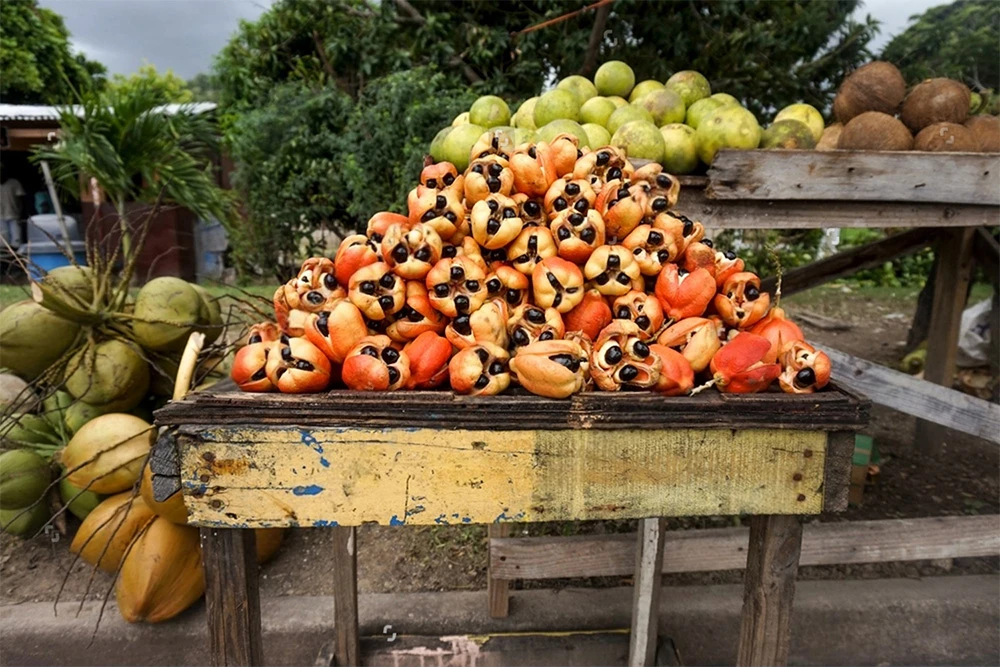
Where Bond Was Born: Goldeneye’s breezes and a secret beach
I remember thinking how a breeze can change a story. At the legendary Goldeneye estate the air smells of salt and lime, and I pictured a man at a simple desk, windows open to the trade winds. Ian Fleming wrote every single James Bond novel here in Jamaica, and the breeze felt like a quiet co author.
There’s a little beach tucked nearby where movie stars still slip away. It isn’t the glamour that stays with you; it’s the hush the way footsteps disappear into warm sand, the water so clear it seems to rinse the noise from your head.
What gets me is how gentle the place feels, considering the sharp suits and danger those pages held. The edge and the ease sit side by side here; maybe that’s why those books feel so effortless, and why people come to disappear without feeling lost. You leave with salt on your skin and a calm you carry for days.
Where Nanny’s courage lingers in the hills
Some places feel louder than they sound. On a ridge called Nanny Bump in the Blue Mountains, the air smells of wet leaves and coffee, and the earth underfoot is dark and cool. The ridge sits like a clenched knuckle above the valleys, and her name seems to travel with the breeze.
Nanny of the Maroons was a revered woman who led guerrilla wars against British troops, turning gullies, fog, and steep slopes into advantages the enemy could never anticipate. Those daring tactics helped shape the island’s independence, proof that patience and fierce clarity can outlast force. Her story still lives here, not as a monument, but in the steady way people talk about freedom and in the hush that settles when the wind picks up.
I remember feeling small and steady at once, my posture quietly straightening. It’s surprising how courage can be quiet: a name kept on the tongue, a memory beating like a drum under the skin. You leave believing resistance can be tender and immovable at the same time.
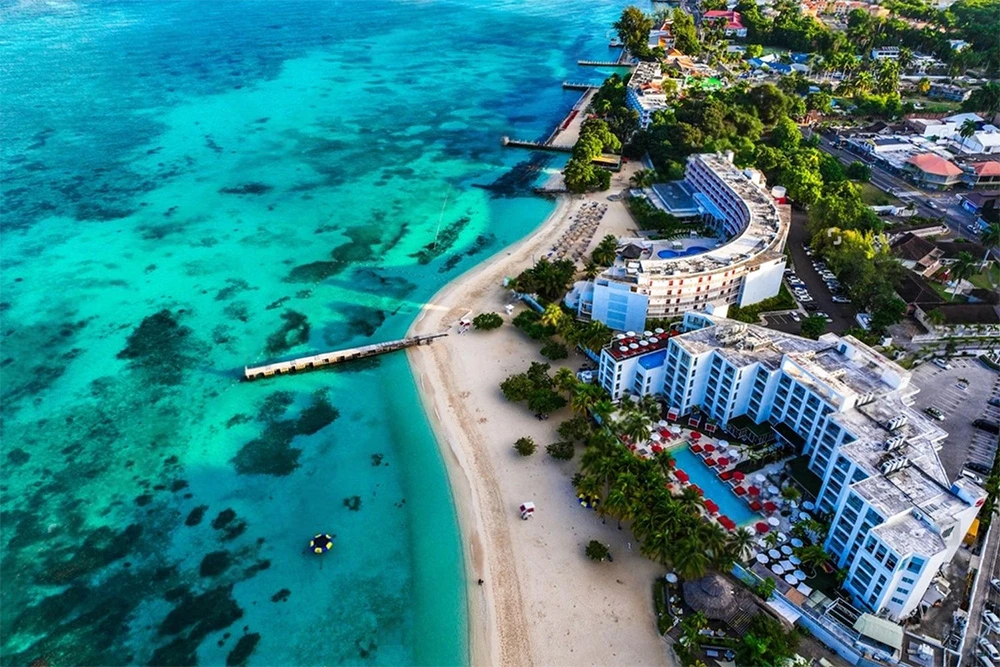
Mary Seacole’s quiet brilliance in a loud war
What gets me is how some legends arrive without trumpets. Mary Seacole built a hospital right out of grit and grace in Kingston, where the air smells like sun warmed spice and sea salt, and people still say her name with a softness. I picture linen catching the breeze, bottles of bitters and lime lined up like tiny guardians, and a woman who knew exactly how to steady a fevered pulse.
Then she carried that same calm across the world to a battlefield where fame loved other faces. While the newspapers shouted about Nightingale, soldiers whispered about “Mother Seacole,” the one who trudged into the cold with broth, bandages, and a voice that could cut through fear like a lamp in a storm. Many say she outshone Nightingale there, not with noise, but with nearness choosing to stand exactly where pain was loudest.
I remember learning her story and feeling the ground shift a little, the way a hidden path suddenly appears after rain. It’s the kind of reminder that care can be as brave as conquest, and that history is a quilt stitched by many hands hers a bright thread we nearly missed, now catching the light.
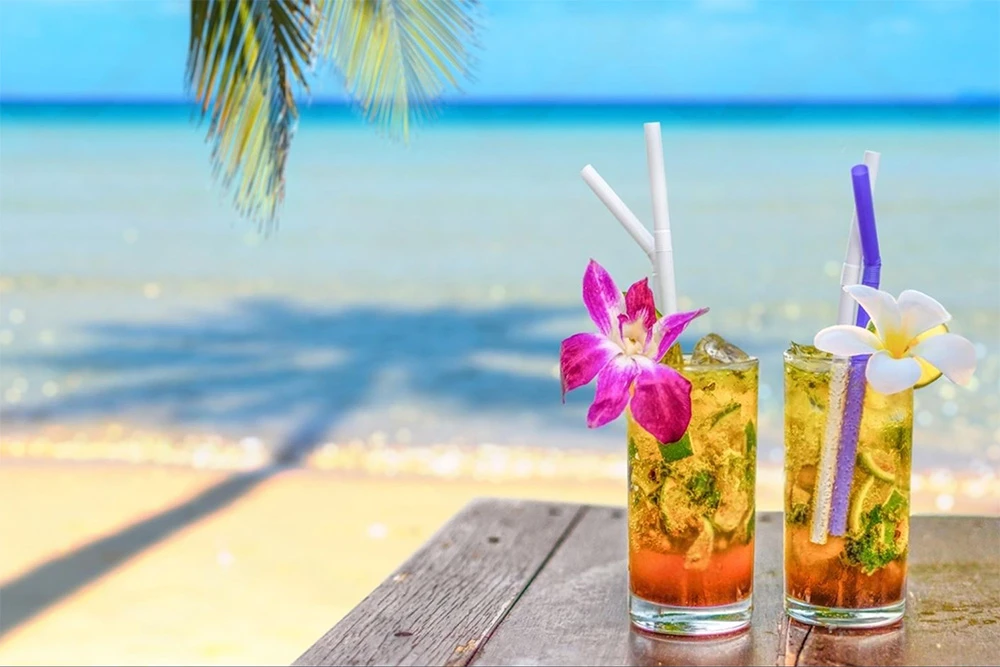
The island where rope goes off-limits at dusk
I remember laughing when I first heard it: after six in the evening, you can’t legally sell rope. Somewhere in the tangle of old rules, a line was drawn, and now it just sits there, a ghost of a reason nobody can name. In Jamaica, people tend to wave it off with a shrug and a grin, the way you’d treat an eccentric relative. The sun slides down, market lights blink awake, and the air smells like jerk smoke and salt – and still, no one seems bothered that a length of twine must wait for morning.
What stays with me is how these odd laws end up revealing a place’s soft heart. They remind me that life here moves with memory more than logic, that tradition can be a thread in a larger tapestry even when the pattern’s been forgotten. It’s strangely comforting, the idea that not everything has to make sense to be part of home – that some quirks are just part of the evening breeze, carrying stories that drift further than any rope ever could.
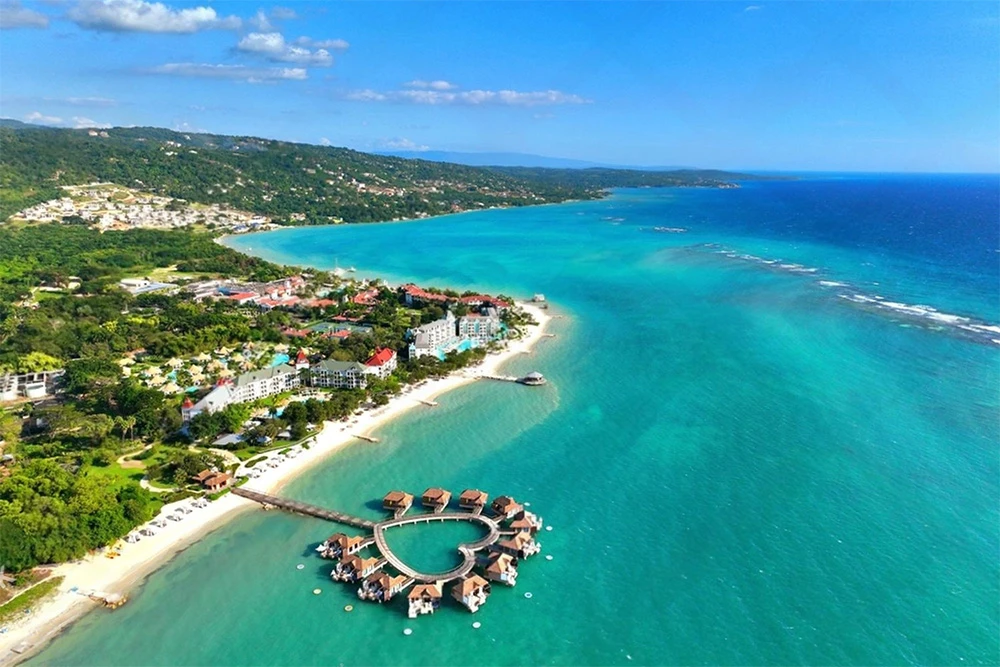
An island of orchids, many found nowhere else
I remember the air being warm and green, a soft, peppery sweetness rising from the leaves. Everywhere you look, something small and improbable is blooming pale moth shapes, freckles of pink, tiny chandeliers hiding in the shade. There are more species here than almost anywhere, over two hundred different orchids, and seventy‑three that don’t exist beyond this shoreline. It feels like the kind of surprise that makes you grin for no reason, as if the island is letting you in on a gentle secret.
In Jamaica, it seems the land hums its own quiet chorus and the orchids are the harmonies, each one tilted to a different note. They make the hills feel personal, intimate as if the place is confident enough to keep some beauty just for itself, a secret alphabet written in petals and moss. I left feeling steadier, reminded that uniqueness isn’t about showing off; it’s about belonging so deeply to a place that it teaches you how to see.
https://en.wikipedia.org/wiki/Jamaica
From St. Ann to a worldwide awakening
I remember standing outside a corner shop as a slow reggae chorus drifted into the heat, his name stretched like a tide across the street. Someone laughed, someone nodded, and the bass thumped steady. It felt less like a history lesson and more like being welcomed into a story already in motion.
That’s the strange, electric thing about Marcus Garvey: born in St. Ann, yet he seemed to hand people a mirror big enough to hold their pride. You hear it in lyrics, in the lift of Rastafarian voices, in the cadence of Black nationalism from pulpits and street corners across oceans, even in the early teachings of the Nation of Islam. His message wasn’t complicated stand tall, organize, imagine yourself free but it traveled because it gave language to a feeling so many already carried.
Once, walking home under mango shade, I thought about how an idea can travel far from its birthplace and still hold the smell of salt and woodsmoke from home. Garvey’s words move like a drumbeat that travels farther than the drum, and the beauty is how they keep returning in new forms sung, spoken, part of daily life. Maybe that’s why the music felt like recognition that day: not just of a man, but of the permission to believe you are larger than the limits you were handed.
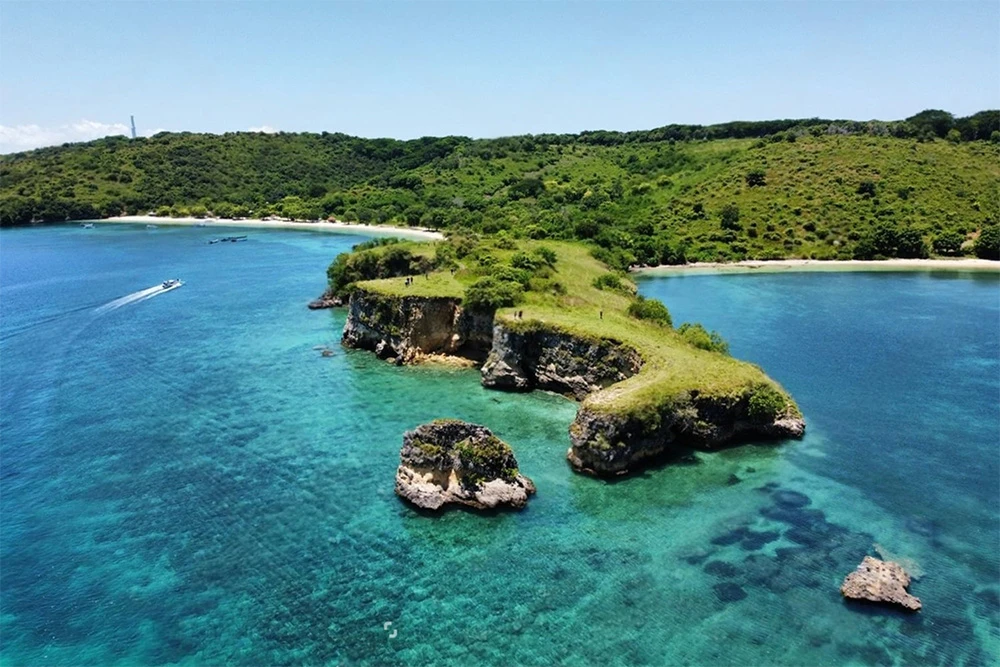
Where pirate myths still glitter beneath turquoise water
I remember the hush that falls when someone mentions treasure here – not the storybook kind, the briny, weighty kind. Every so often the sea presses a secret into human palms: a Spanish doubloon, a ragged bit of pirate loot, still tasting of salt and metal. It made me grin at how casually magic can move through a place.
It’s the part that surprised me most: treasure here isn’t rumor, it’s evidence. Offshore, divers still surface with Spanish doubloons and odd bits of pirate gear; near Port Royal, fragments of sunken streets and doorways wait under the blue, crusted with coral. When a coin comes up it blinks in the daylight like a small sun, and for a second you feel time lean close.
Maybe that’s the real treasure – feeling history close enough to touch. The wind smells of salt and sugarcane, and the horizon seems friendly, full of stories people still tell at dusk, when you can almost hear the past settle in beside the present and nod.
Ital stew to keep the mind lively
Funny how a bowl of stew can feel like a reset. Steam curls up with thyme and scallion, a whisper of coconut and the sweet earth of pumpkin, the kind of warmth that lingers like sunshine ladled into a bowl. No tins, no trickery just plants in their honest clothes and suddenly your thoughts feel lighter, like the noise in your head stepped outside for fresh air.
In Jamaica they call it ital, and it isn’t just food so much as a promise: keep things clean and the mind stays bright. A simple stew can be filling without the fog, a quiet kind of energy that hums behind the ribs. I remember tasting it and thinking how it felt older than any recipe, a small prayer you can taste rooted, patient, and alive with the island’s calm conviction.
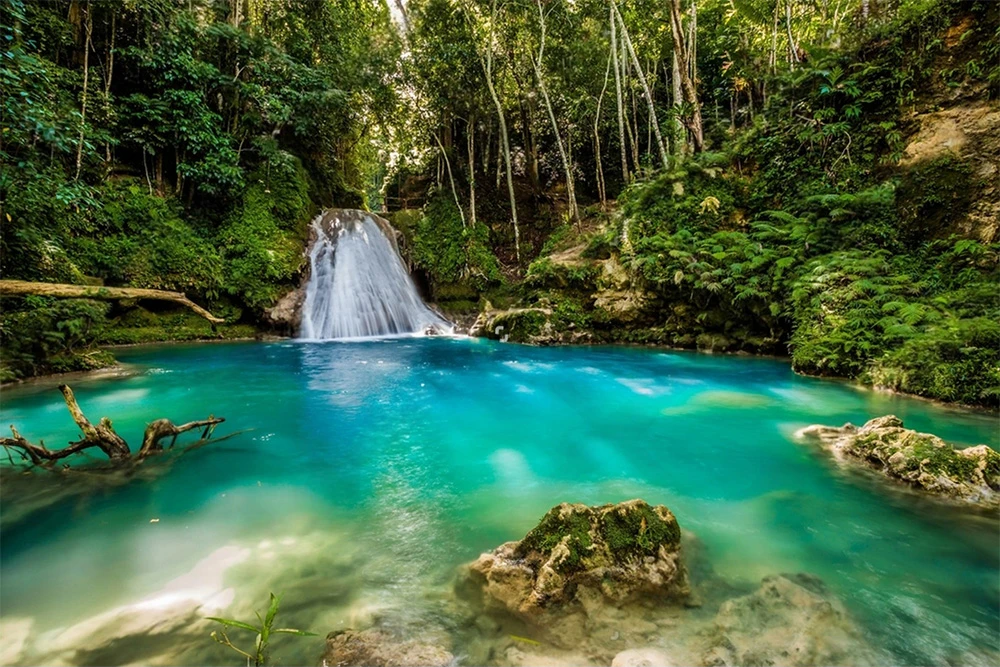
Night only hours for emptying privies, by law.
I laughed when I first heard there’s a law in Jamaica that bans emptying a privy between four in the morning and ten at night. On a warm street where the air already hums with spice and sea salt, it feels oddly tender saving the bright hours for bread ovens and market banter, not the sour business of yesterday.
Beyond the quirk, it’s a little time capsule of hygiene and neighborliness before pipes and pumps, people kept their cities fresh with simple courtesies. Let the sun belong to clean breezes and schoolchildren; let the mess slip away under the hush of darkness, like tucking the unlovely bits beneath a quiet blanket. I remember thinking how rules like that reveal a place’s spirit: practical, protective, and just playful enough to make even sanitation feel like shared care.
Where rum learned its bold island heartbeat
I still remember a first sip that felt like thunder wrapped in caramel. The glass breathed out burnt sugar, green banana, and a little lick of sea breeze. It wasn’t shy; it climbed straight into the senses, the kind of warmth that makes your chest bloom before the smile even shows.
What gets me is how it’s born from leftovers the dark molasses and stubborn sweetness the cane fields don’t keep, coaxed into a spirit that refuses to be quiet. That alchemy is why, in Jamaica, the rum hits strong yet tastes generous, all fruit and smoke and clove, a boldness that lingers like a song after sunset. I love the way it turns scraps into celebration; it feels like the island’s way of saying nothing is wasted not the sweetness, not the struggle and every sip carries the hills a little closer to your heart.
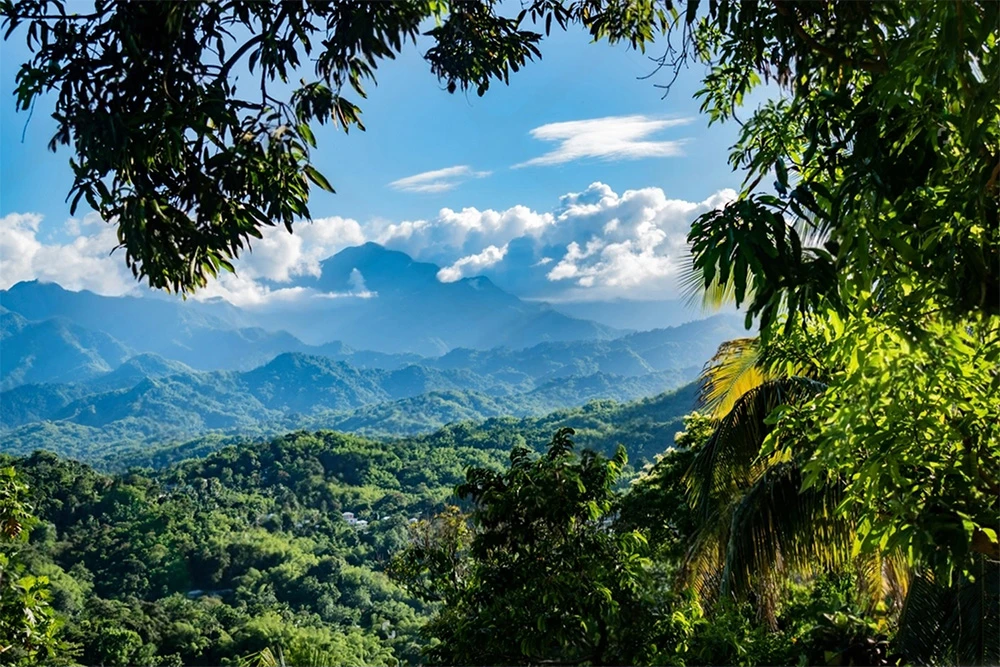
Entire neighborhoods devoted to murals, creative pride on walls
You know that hush before a song starts? These streets hold that breath, then let the walls exhale color. Paint warms in the sun, the air faintly sweet with aerosol and dust; somewhere a bass line drifts and children laugh.
What stunned me was the scale whole neighborhoods given over to art, block after block carrying stories, jokes, protests, saints, and side eyes. In Kingston, it isn’t a mural here or there; the city writes its name in bright handwriting, and you read it just by walking.
I remember my shoulders loosening, because pride does that when it’s public and shared. The murals don’t decorate, they testify about struggle, swagger, memory, and love and people answer with nods, easy smiles, a steadier step. Creative rebellion looks beautiful out loud, and you leave a little more at ease.
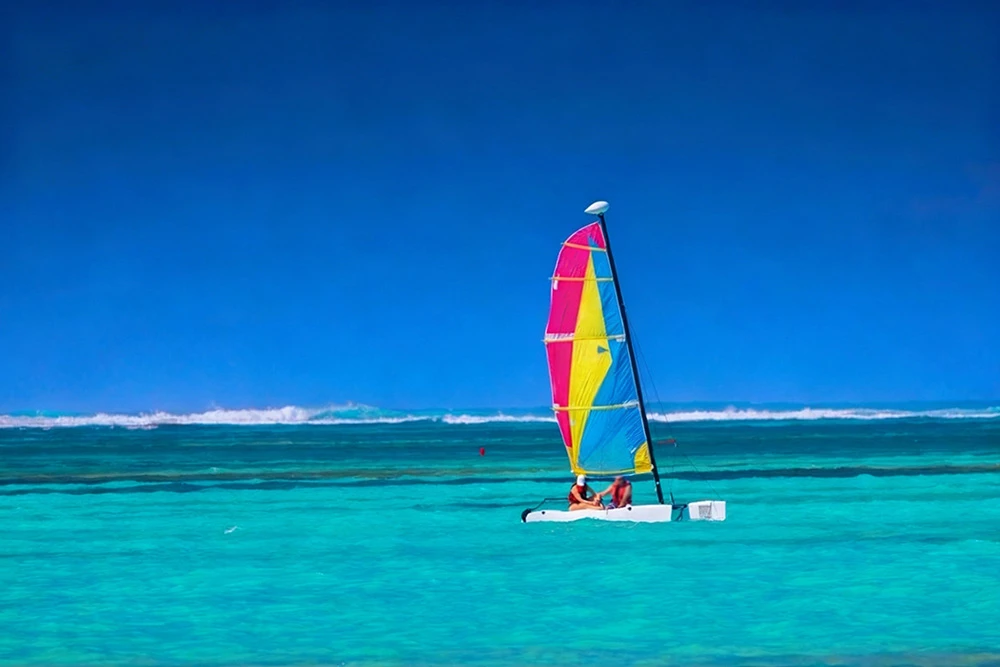
Where the Taíno kept their last fires burning
I didn’t expect the mountains to feel so protective. Someone told me the last native Taíno settlements were actually here, tucked beyond these ridgelines, and suddenly every shadow felt purposeful. Archaeologists still find pottery and tools, and sacred carvings in deep caves the air cool and mineral, water ticking somewhere in the dark. I remember standing by a carved spiral, not touching, just listening to the hush closing in like dusk.
It’s surprising, isn’t it, how a place can hold on. The past here doesn’t feel gone; it feels banked, like embers under ash waiting for a breath. Knowing the Taíno made their last homes in the Sierra de Bahoruco gives the paths a different weight each shard and carving hints at meals, prayers, laughter that once warmed these rooms of stone. I left a little quieter, thinking how resilience can choose silence without surrender.
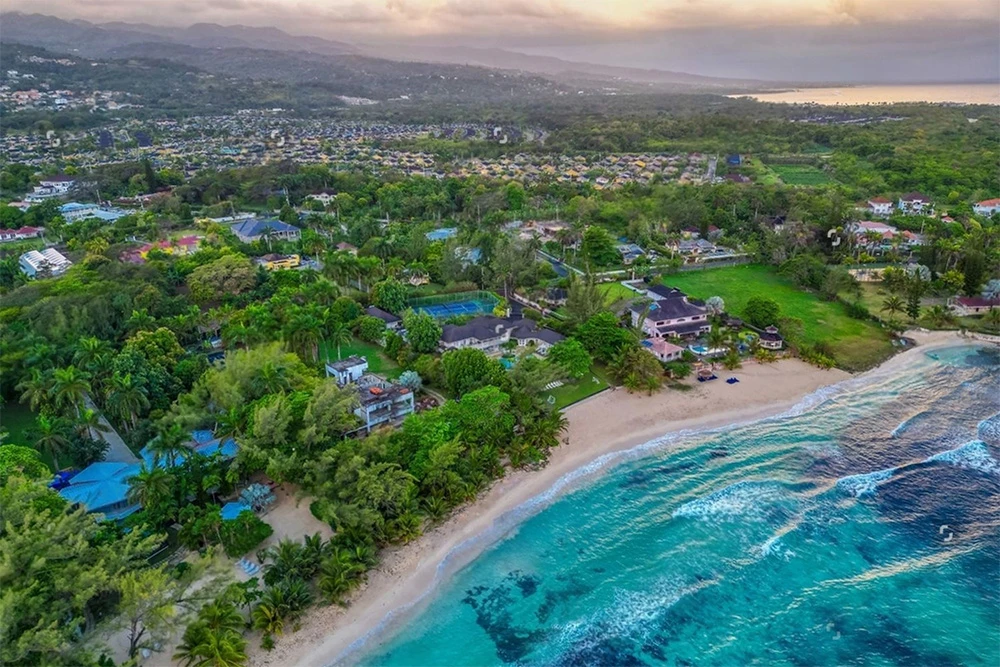
A small island with world shaking speed
Some places hum; this one sprints. On any given afternoon, you can hear a starter’s crack float over a school field, mingling with sun warmed grass and the sweet sting of sea breeze, and it makes sense of the numbers we trade like legends. Usain Bolt isn’t alone; among the ten fastest women and even the five fastest men ever, four on each list are Jamaican, as if the island keeps a spare gear tucked under its smile.
What I love most is how speed here feels like a second heartbeat. Kids race barefoot past zinc fences, neighbors arguing splits over the radio’s tinny soca, and the lanes turn into small runways for dreams. I remember standing by the fence and feeling the air lift with them, that hush right before the drive phase, like the whole street leaning forward at once.
Once, in Kingston, I watched a teenage girl take the bend and felt the track itself exhale. Maybe it’s the way rhythm is stitched into daily life the syncopation of rain on verandas, the easy swagger of greetings that makes velocity feel ordinary and holy at the same time. The surprise isn’t that records fall here; it’s how, after the gun’s smoke fades, the joy hangs in the heat like a promise, and you start to believe the earth can move a little faster too.
Joyful nights here, but never out of control
I remember the hum of a winter evening, laughter floating up like confetti and the glow of whisky warming cheeks against the cold. The thing that surprised me was how the joy never boiled over. There’s a line everyone seems to feel in their bones, and cross it and the old rules still step in: you can be arrested and fined if you’re found drunk in the streets.
In Edinburgh, those centuries old laws feel less like scolding and more like a quiet guardian at the edge of the dance floor. Once, standing beneath a soot stained close, I realized it’s not about dimming the celebration but protecting it keeping the music bright without letting it blur. It says something about the city’s heart: revelry with respect, merriment that remembers its neighbors, and a night that ends with stories rather than regret.
In Jamaica, every market greets you like family
I swear the air sometimes tastes like pepper smoke, and that’s how you know a market is near. On Jamaica’s streets, they gather at every corner: breadfruit stacked like green moons, ackee bright in their pods, silver sided fish laid on ice, and jerk drums sending up warm, peppery curls into the breeze. The whole place hums like a steady heartbeat, easy and alive.
And the vendors? They call to you the way cousins do at a family reunion “Auntie, come taste,” “Boss, you good?” not selling so much as welcoming. I remember answering to a nickname that wasn’t mine and laughing because it fit for a minute. You arrive a stranger and somehow you’re part of the day by the time you leave, spice on your lips and a small, surprising warmth that lingers long after the smoke drifts away.
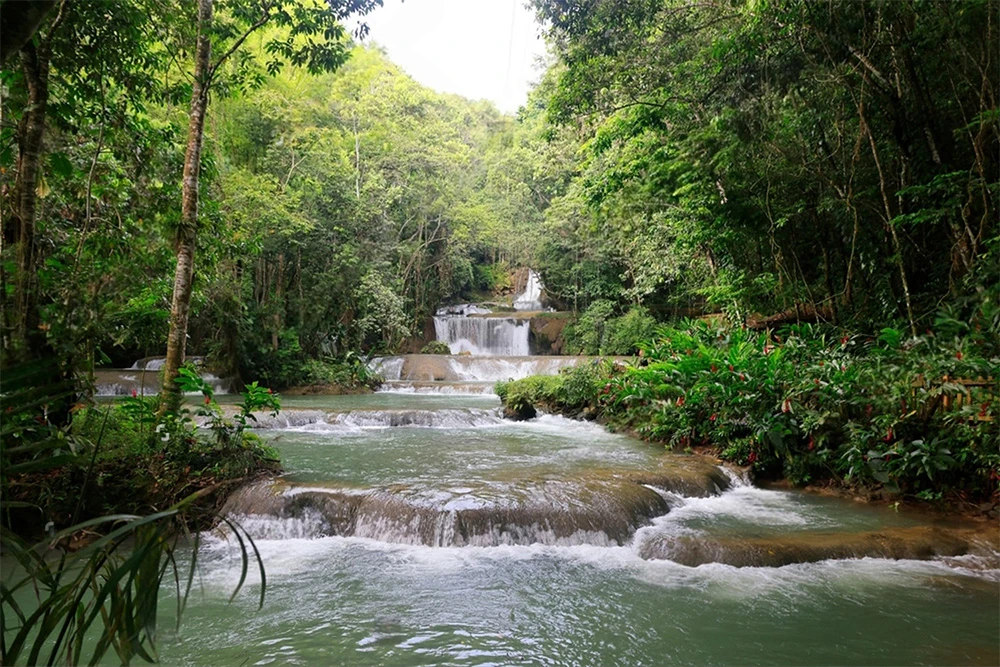
Final thought
In the quiet corners, it's the hidden stories, the small details, the human moments that reveal a truer side of Jamaica; each piece settling into place like a mosaic. Move with an open pace and notice what you might have skipped the first time. Choose with kindness and curiosity as you go. Leave with your eyes a little wider and your resolve to look closer, inspired.
